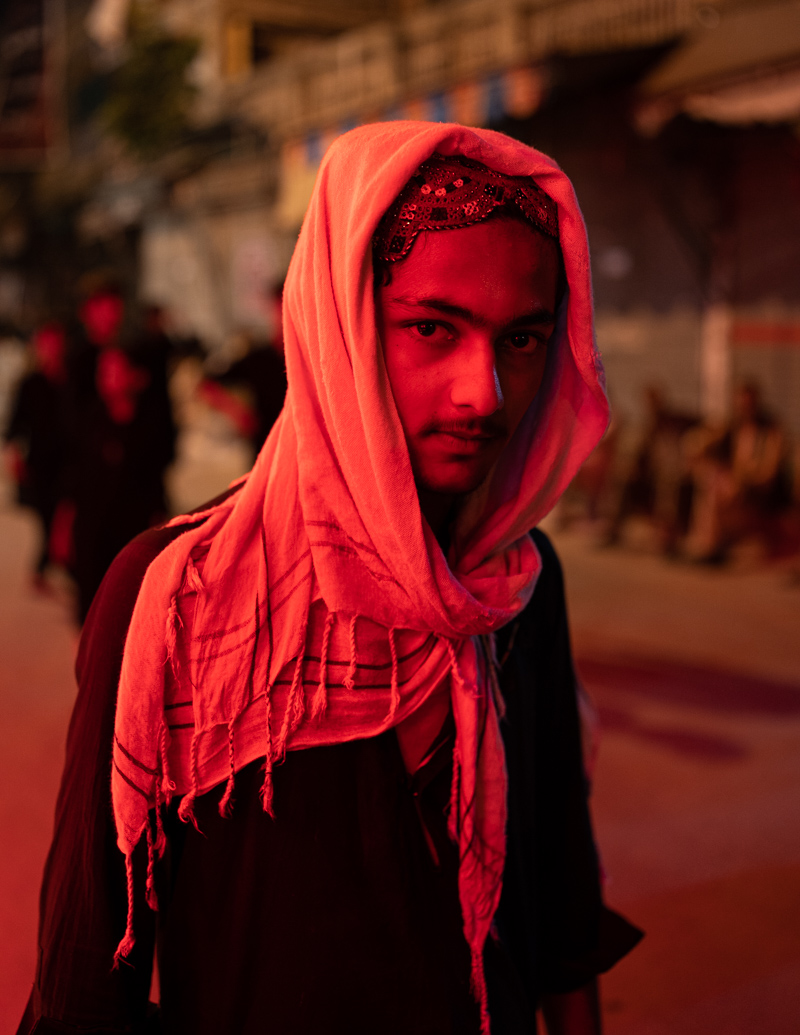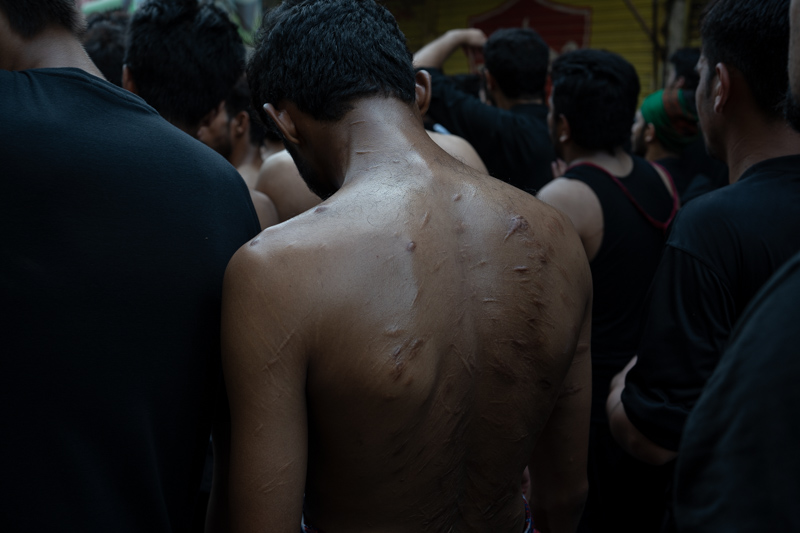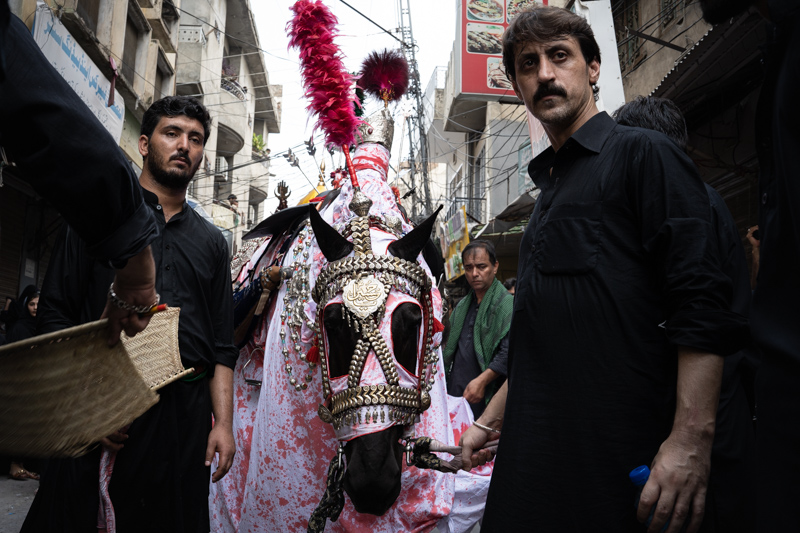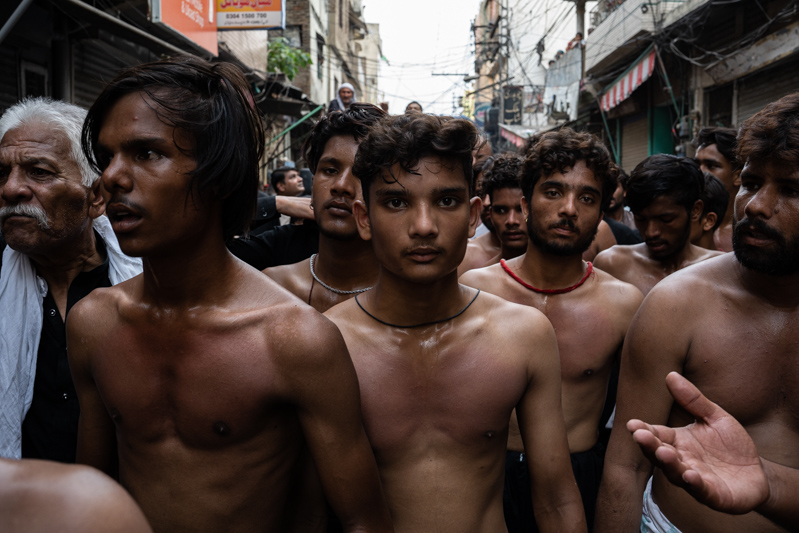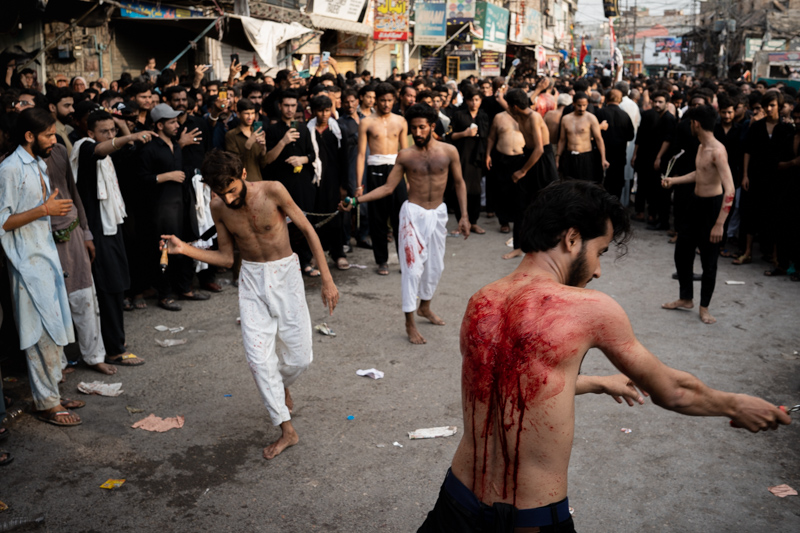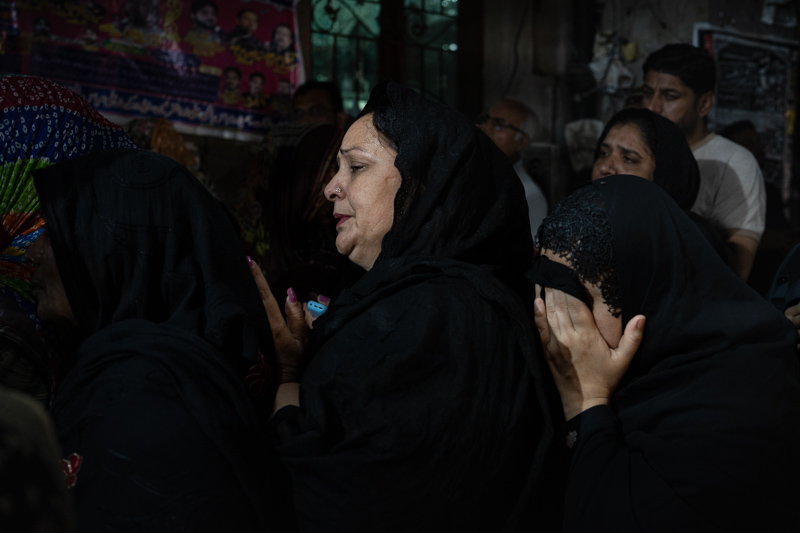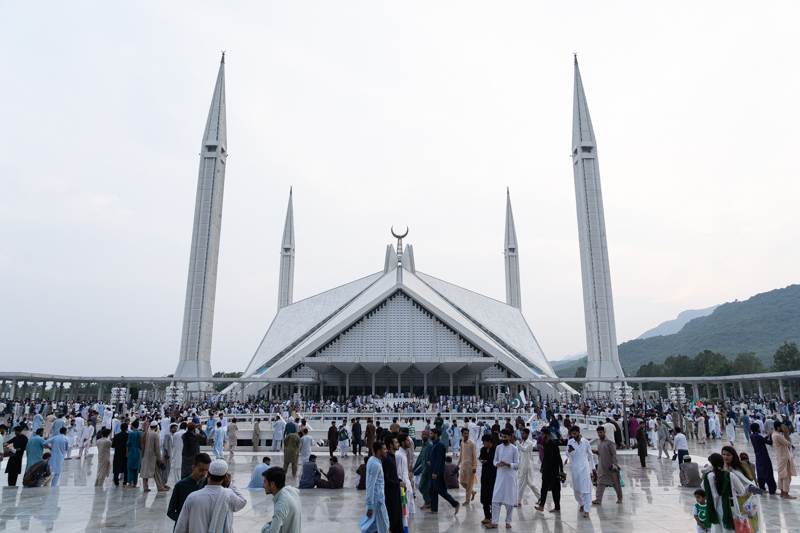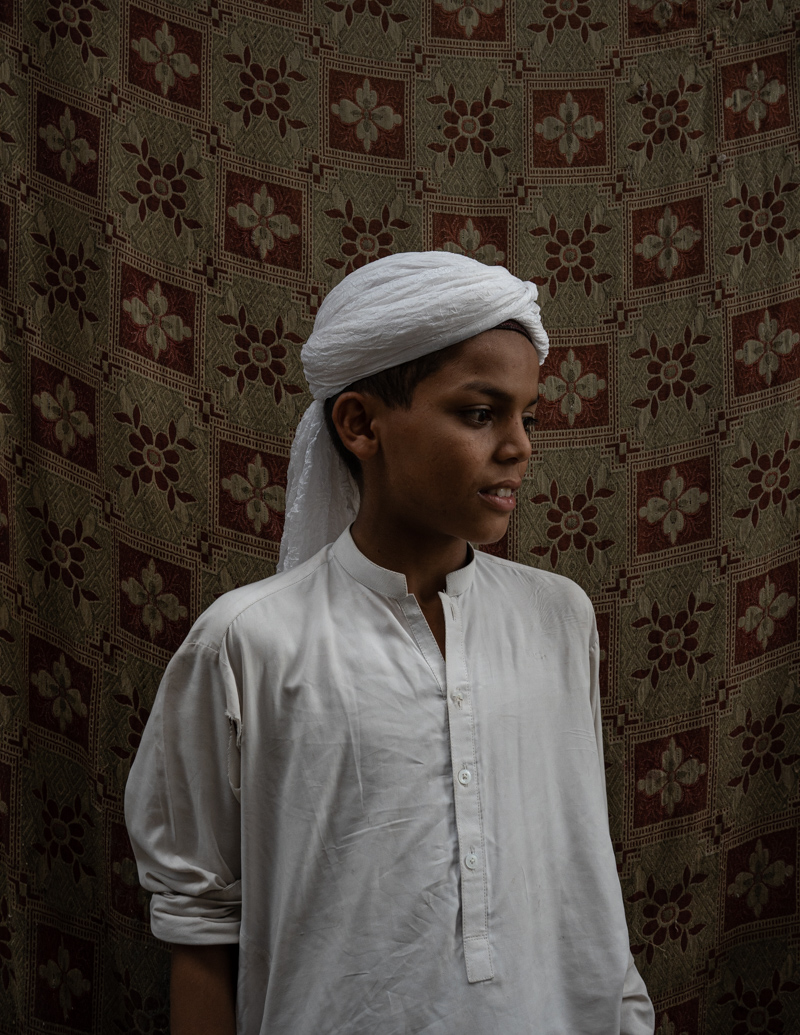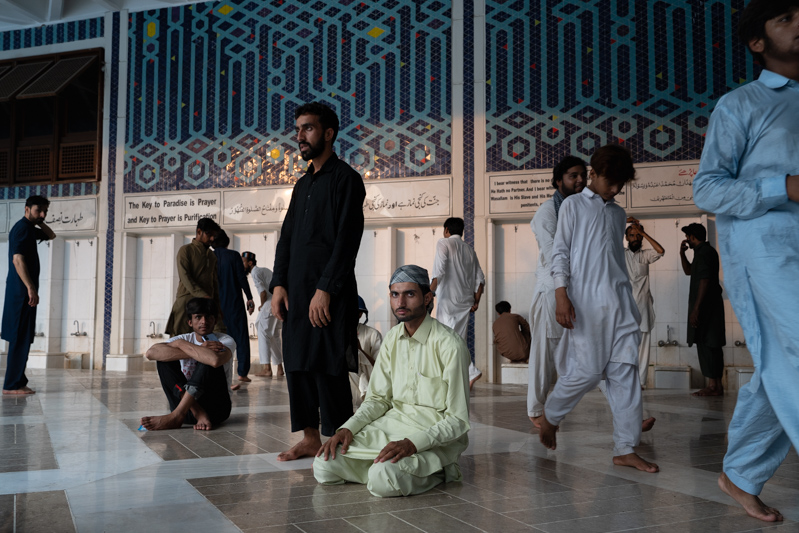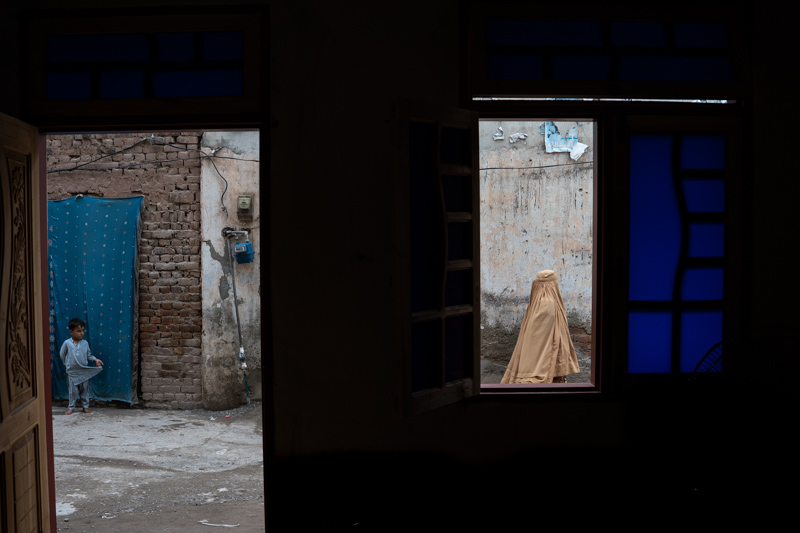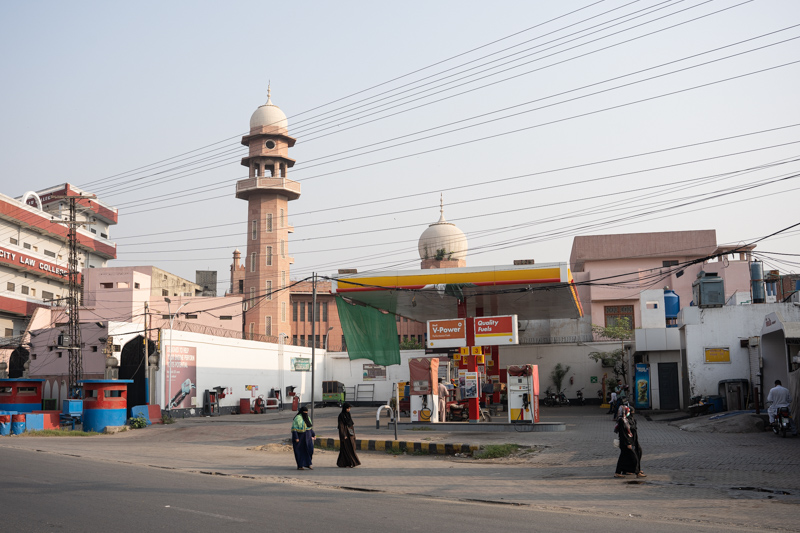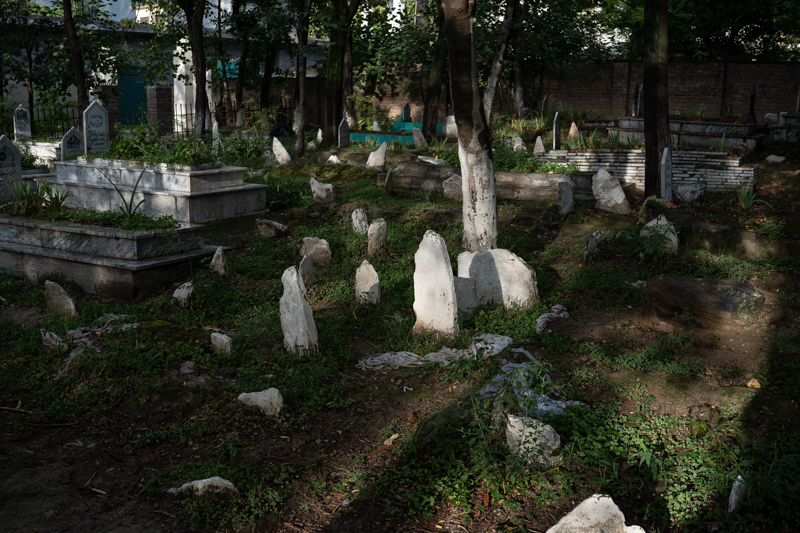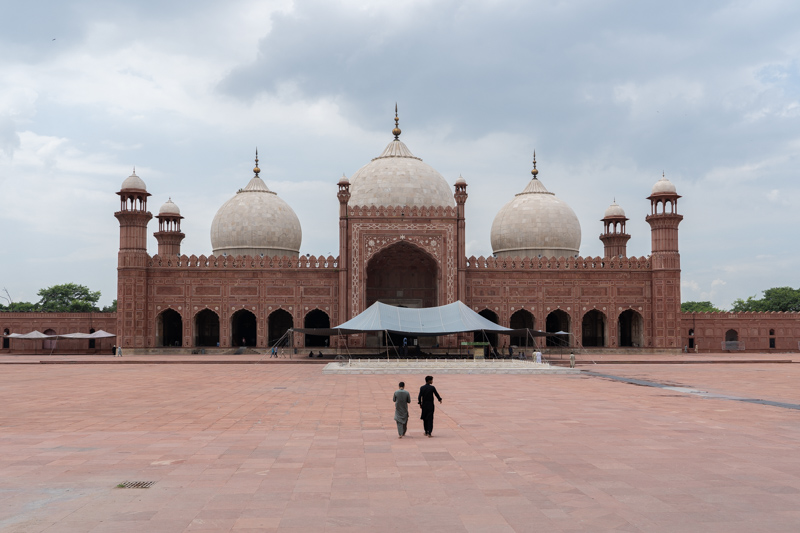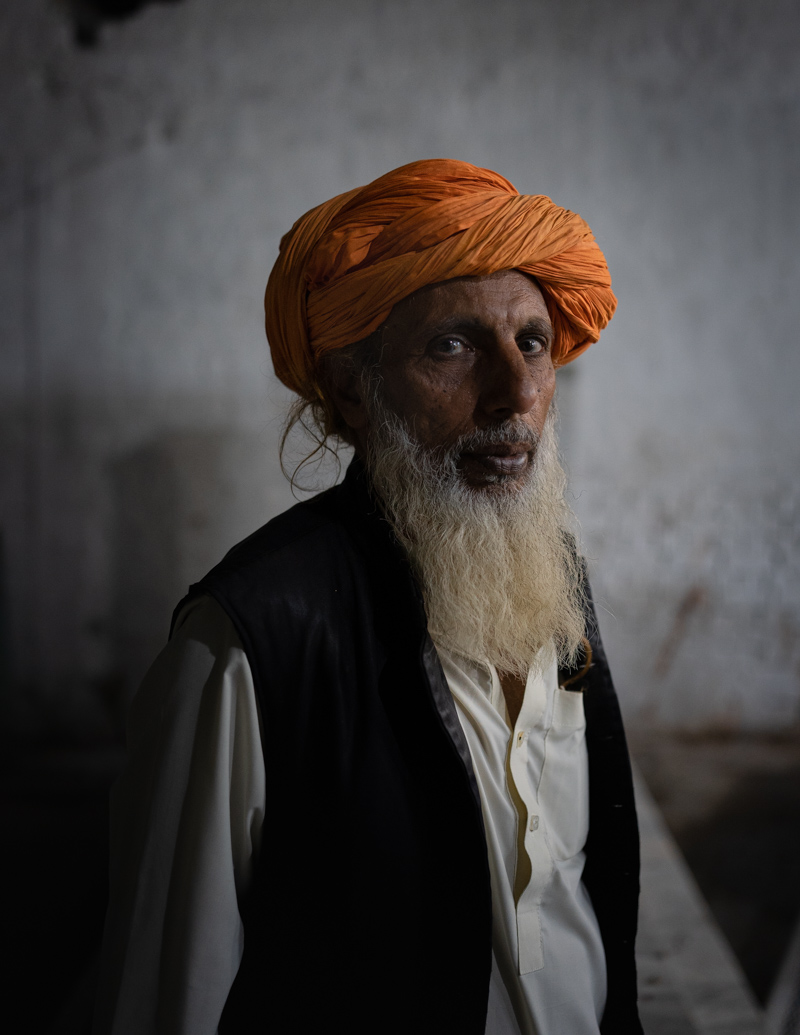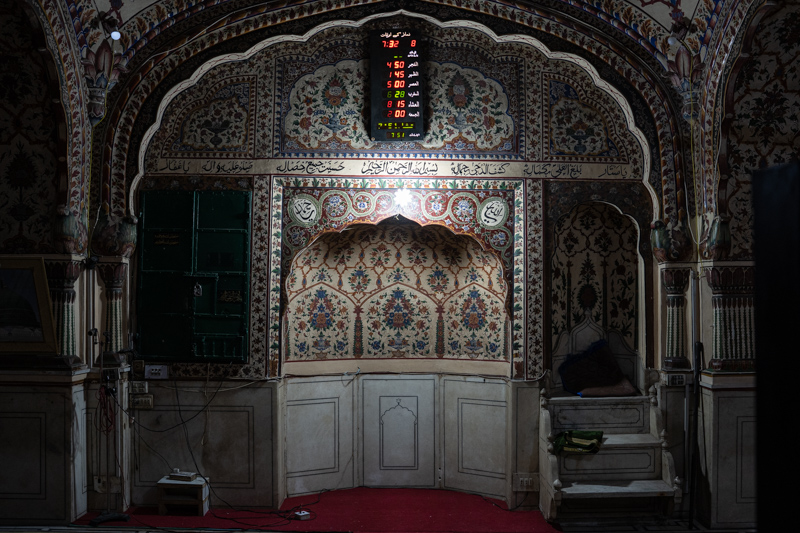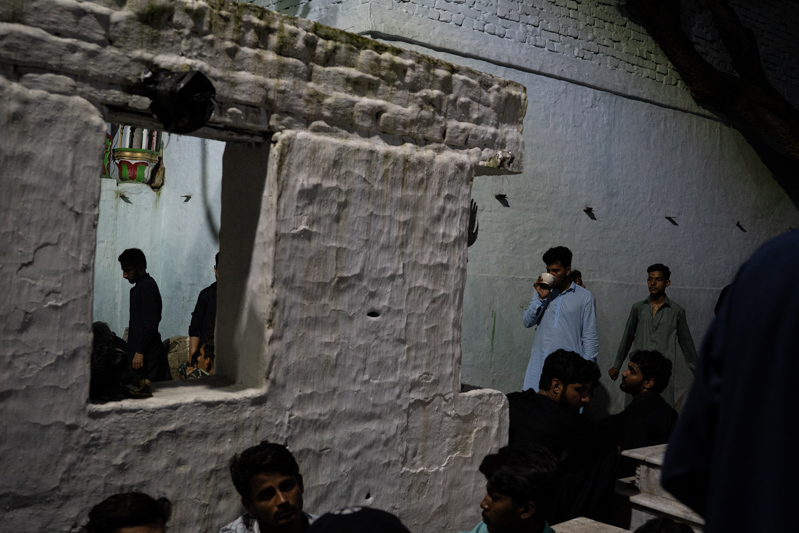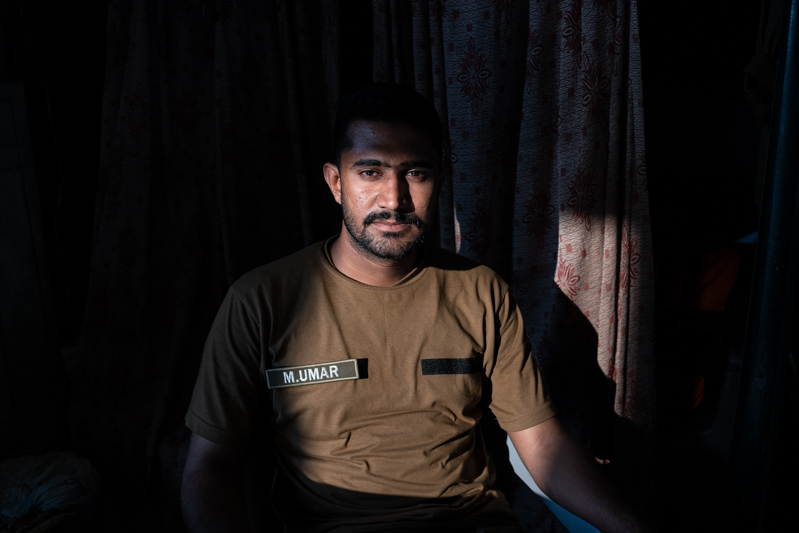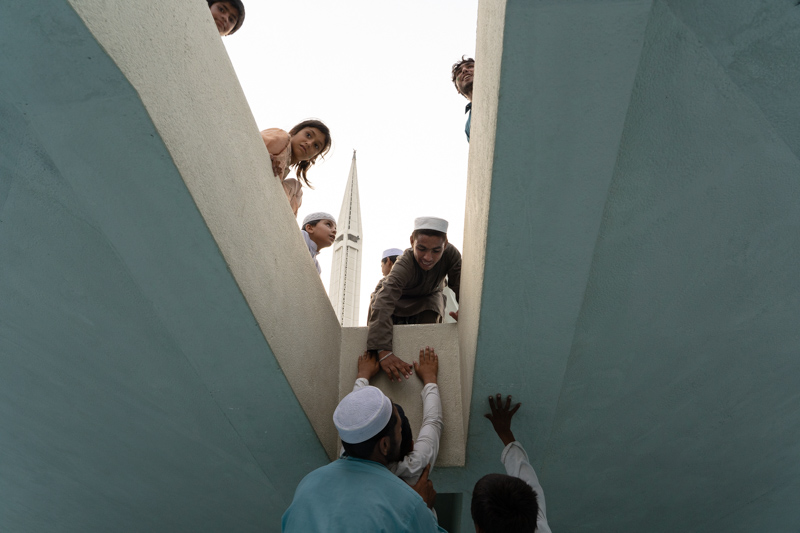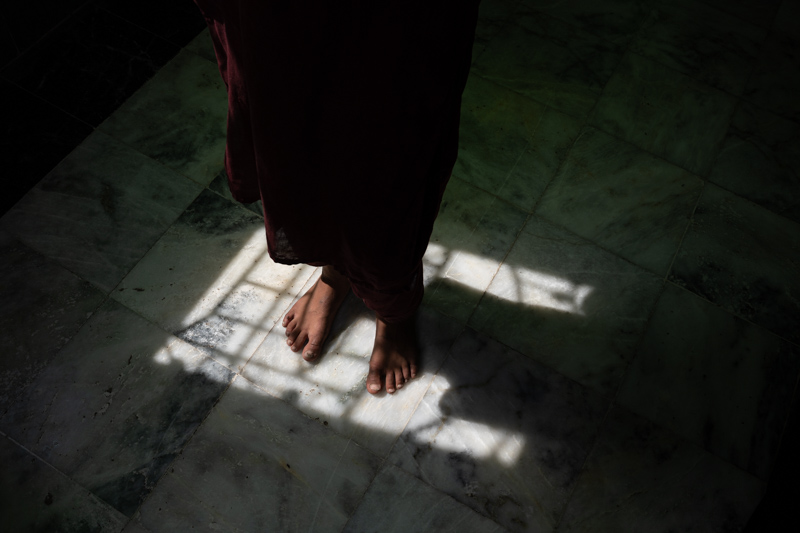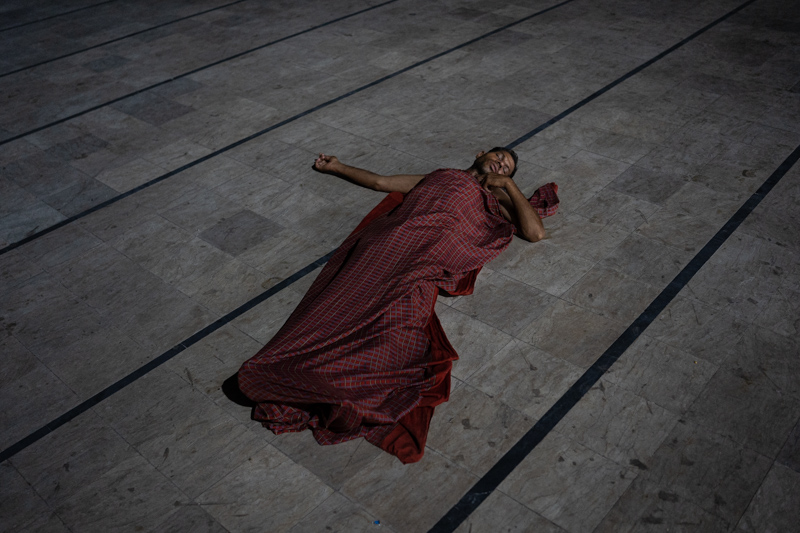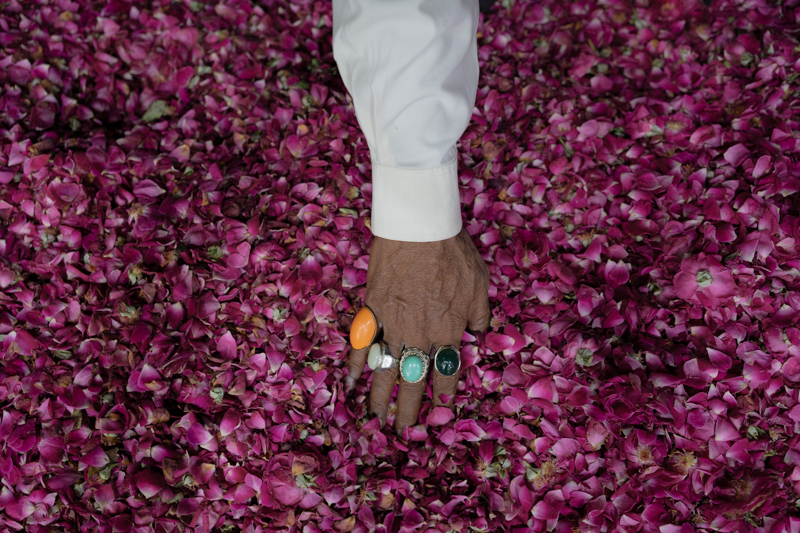(2023)
"Vision of god" photographic serie wants to bear witness of Pakistan multiple visions of Islam, which are at the heart of the Islamic practices of the Pakistani people, where an infinite number of rites coexist and resist the pressures of a unique and extreme vision of Islam preached by the Gulf countries and the mullahs of Iran and promoted by the elites who ruled Pakistan since 1947. The series is built as a triptych, with each part delving into Shiite and Sufi rites, but also revealing traces of the radical Islam that has been insinuating itself into Pakistani syncretism since the 1970s.
In a country where Islam is at the heart of identity, governance and morality, Pakistan is the craddle of many visions of God. There are many different shades and versions of Islam which at times, contradict each other. As Pakistan lies at the confluence of Middle East, Central Asia and Indian Subcontinent, it makes its historical and cultural experience extremely rich and diverse. Over the course of History, its lands has been swept away by spiritual movements from east and west. Once a stronghold of Hinduism and then Buddhism, from 7th century onwards, this land became an abode of Islam. Soon after its birth in Arabia, the new faith arrived in the subcontinent brought by the Arab merchants, Shiite communities and finally, from 8th century onwards, by Sufi missionaries. Sufi message of love, peace and inclusivity attracted huge numbers of local population towards Islam. Thus, a great exchange of Arab, Persian, Turkic and Indian cultures and religious practices occurred which gave birth to a local version of Islam which was true to its spirit and belief system but very much rooted in the Indian soil. Islam in the Indian Subcontinent coexisted peacefully with other religions for over a millennium until the British colonized the region and following divide and rule policy, set the communities against each other to strengthen their hold over India.
With influx of Shia and Sunni Islamic radicalism from the Middle East since 1970s, and a military islamic dictatorship tooking over the country in the 80', there is an ever-increasing call for purifying the Muslim way of life from influences inherited from former local religious practices and ancient cultures or accumulated over centuries of coexistence with Hinduism. Religious fundamentalism has a very strong influence but the abundant ethnic, religious and cultural diversity of the country, which is an equal match for it, keeps challenging its agenda.
